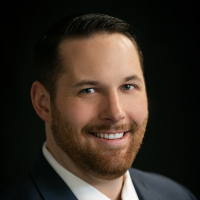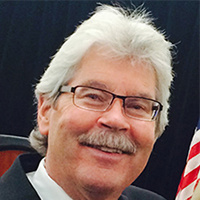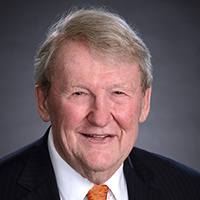East Weymouth RICO Act Lawyer, Massachusetts
Sponsored Law Firm
-
 x
x

Click For More Info:
-
Adam P. Beck, M.D., Esq.
25 Marston St Suite 303 Lawrence, MA 01841» view mapAccident & Injury Law Legal Expertise You Can Rely On
By working with lawyers who are also doctors, clients can benefit from advocates who have a deeper understanding of their physical injuries, medical needs, and prognoses.
800-383-8491
Not enough matches for East Weymouth RICO Act lawyer.
Below are all East Weymouth Criminal lawyers.
Christopher E. Sawin
✓ VERIFIEDChristopher E. Sawin is Founder and Principle Attorney of Sawin Law, P.C., where he concentrates his practice in family law, probate, estate planning,... (more)
J. Christopher Amrhein
✓ VERIFIEDAttorney J. Christopher Amrhein, a Top 100 Trial Lawyer, has been providing Massachusetts and the New England area with the highest quality legal repr... (more)
Francis T. O'Brien, Jr.
Francis T. O’Brien, Jr. is the founder of O'Brien Law Boston, a criminal law specialty firm. Formerly of counsel/director of criminal practice grou... (more)
Arthur P. Murphy
✓ VERIFIEDMr. Murphy’s legal career emphasizes management labor, corporate, and litigation matters. Selected in the publication of Best Lawyers in America, Mr... (more)
 Adam Beck Lawrence, MA
Adam Beck Lawrence, MA AboutAdam P. Beck, M.D., Esq.
AboutAdam P. Beck, M.D., Esq. Practice AreasExpertise
Practice AreasExpertise




